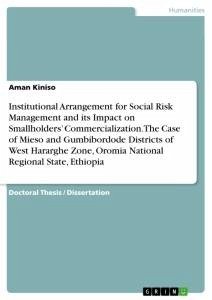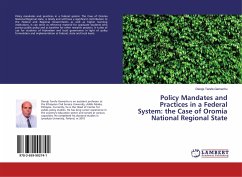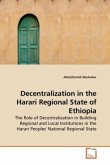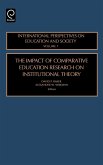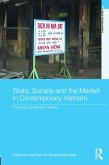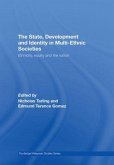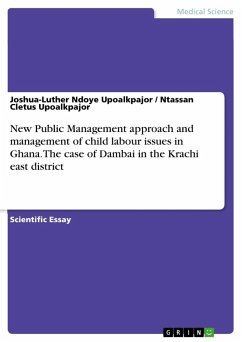Doctoral Thesis / Dissertation from the year 2020 in the subject Social Studies (General), grade: A, Haramaya University, language: English, abstract: The major interest of this study was to identify institutional challenges in smallholders¿ commercialization, to assess perceived sources of social risks, to analyze factors affecting the choice of institutional arrangements for social risk management; and to evaluate the impact of institutional arrangements on social risk management on smallholder¿s commercialization the case of Mieso and Gumbi-Bordode districts of West Hararghe zone of Oromia Regional State. To meet these objectives a total of 382 sampled households were randomly selected from ten kebeles. Descriptive and inferential statistics of principal component analysis, multivariate regression, and propensity score matching (PSM) were employed to achieve these objectives. Social risks are a global phenomenon, having severe and direct implications for society, incurring large-scale influence, depending on the cultural, political, and economic context in which this phenomenon manifests itself. In recent years, a more holistic approach and society-wide arrangements of social risk management that go beyond social protection have become increasingly important to assist individuals and households to better manage multiple social risk factors. Given this, in the West Hararghe zone, pastoralists and agropastoralists often deal with social risks through the market, informal and public arrangements in the case of risks due to different reasons. However, the impact of the institutional arrangements for social risk management has not been well studied and documented.

